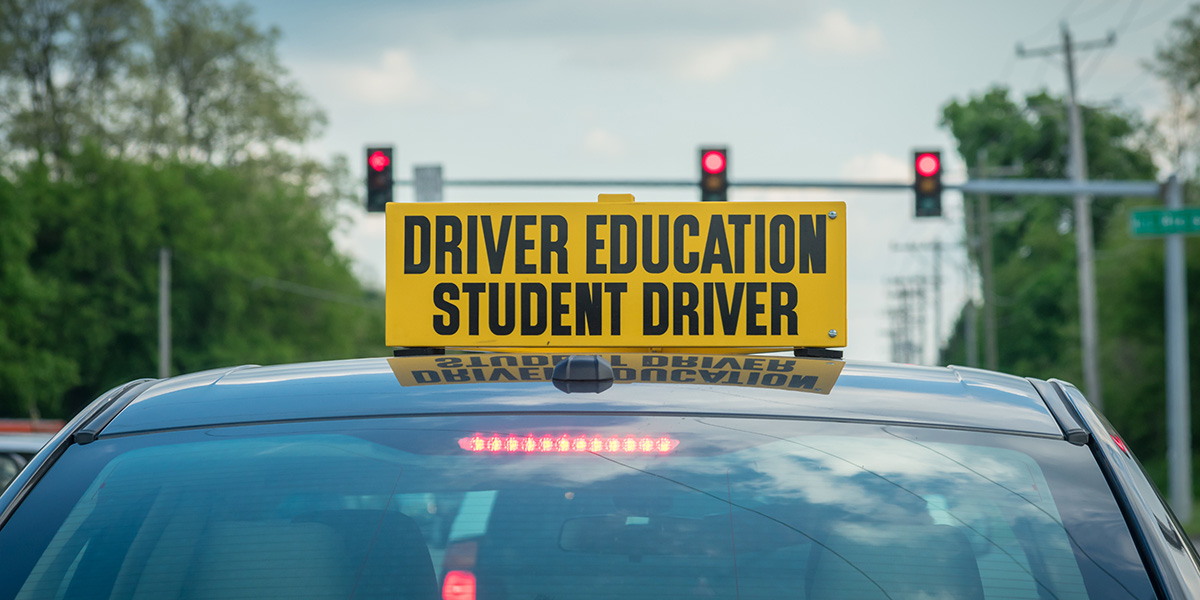There are (at least) three ways government gets almost everything wrong: corruption, equating inputs with outputs, and equating credentials with expertise. This is a story about all three.
This week, NH state representative Rep. Karel Crawford (R-Moultonborough), who owns a driving school, testified and voted against a bill that would curtail her business. HB1208 “authorizes a waiver of the driver education requirement if a father, mother, guardian, or other responsible adult provides equivalent classroom instruction and behind the wheel training.”
In her testimony, Rep Crawford said, “I teach 16- and 17-year-olds how to drive. Their parents do a job they think is good, but I spend the first three lessons undoing what they have been taught.” It just so happens my youngest daughter recently completed her government-mandated professional driver’s education. In fact, I had to undo several ridiculous things she was taught by the Very Smart Experts including – I kid you not – being instructed to take a left turn from a right lane. My 15-year-old daughter asked me about it because she thought it was dangerous.
I won’t travel the well-worn path discussing the corruption angle. It’s pretty obvious how unethical and pervasive this sort of behavior is in government. Instead, I want to focus on the other two.
Inputs Are the Same As Outputs
Just about everything the government does is measured by the amount of human and monetary resources injected into a problem. In a sane system, we’d judge programs based on their output. In the war on drugs, success is measured by the number of arrests. In the war on poverty, success is measured by the number of people “helped.”
Nowhere is this more prevalent than education. We assume that spending more money equates to better outcomes when, in fact, the data shows an inverse correlation.
In the case of driver education, the House Transportation Committee is assuming that paying $700 will result in better drivers. As the NH Journal article points out, the NIH says that isn’t so. But here’s the really crazy part; There’s already a test in place to measure the outcomes! Drivers must pass written and road tests in order to receive their license.
If the test is a reliable measure of competence, we don’t need mandatory driver’s education. If the test is not a reliable measure of competence, we don’t need the test.
Credentials Are the Same as Expertise
It’s bad enough that the government assumes attending driver’s education classes results in better drivers despite the contrary evidence. It’s actually worse than that. They assume that Rep. Crawford is a Very Smart Expert because she completed a “supervised teaching experience” and doesn’t have a criminal record. How does the DMV know that she is better at teaching my daughter to drive than I am? Is she required to provide statistical evidence that her students receive fewer citations and suffer fewer crashes? No. It’s assumed.
America has a credential fetish and it has cost us dearly during the COVID pandemic. True expertise is a combination of knowledge, experience, and innate talent that can only be judged based on performance. Credentials are a rough (and often inaccurate) proxy for the knowledge component of expertise. Attending classes for some years, passing some exams, and writing some essays do not make someone a Very Smart Expert.
And finally, let’s stop treating parents like mouth-breathing, knuckle-dragging morons. Parents teach their kids to walk. Parents teach their kids to read. Parents potty train their kids. Parents know how to teach and spend decades doing it effectively. Meanwhile, Very Smart Experts are busy telling us cloth masks don’t work after telling us they do work after telling us they don’t work, pushing the poisonous Food Pyramid on us, denying that smoking causes cancer, insisting opioids aren’t addictive, and pretending credit default swaps were good for home ownership.
If a teen can pass the driving test, it doesn’t matter how they learned. Except, of course, it matters to Karel Crawford.

